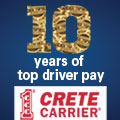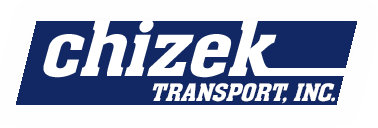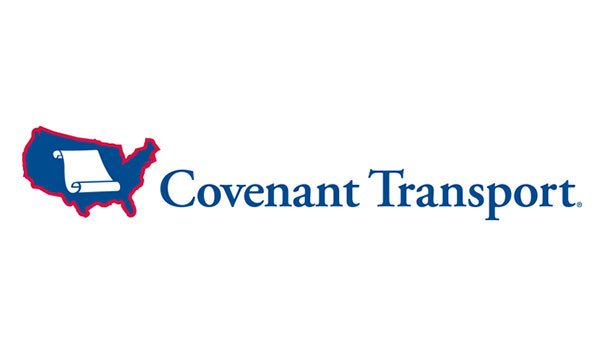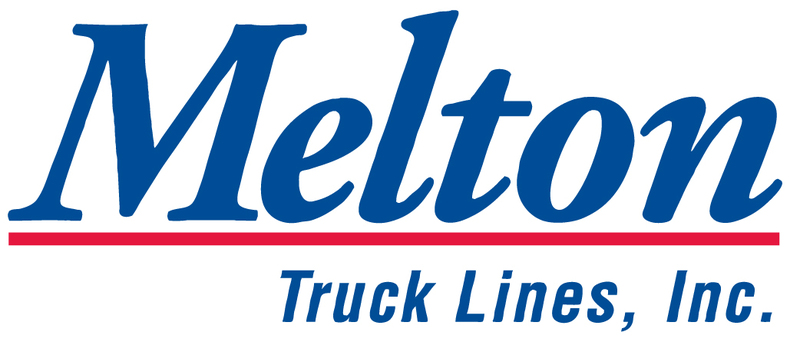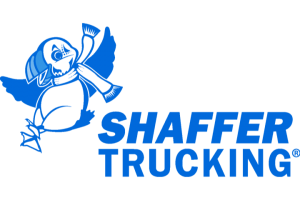Determine How Much Money You Need to Make
As a company driver, you have some flexibility in determining your weekly paycheck by running more miles or taking more profitable loads. This may not always be something that you have control over, but if you need to earn more money you can work harder or more efficiently in trucking than you can at many other jobs. You know how much income you need to live comfortably and you can adjust some of the factors of your job to accommodate these financial requirements.
This same flexibility is even more distinct when you become an owner-operator. You won't have vacation pay or sick pay to make up the difference when your own rig isn't moving. When the truck sits, you don't make a dime. Your income will be related to the effort and time you expend on your business.
Prepare A Budget
How much money will you need to earn as an owner-operator? First, start by preparing a budget similar to the one you made as a company driver. Include all of your personal expenses and determine what you will need to bring home to cover these costs. If you prepared a budget in the past, this part will be easy. If not, then start with this step to determine your annual expenses relating to your home and family.
As an owner-operator, your expenses should be considered business costs and your income will be your business income. Don't view the switch to being self-employed as just a change in the ownership of the truck. You are no longer just a professional driver. You are now a business owner who operates his own equipment. Remember this and treat your finances with this attitude in mind.
When you shop for a truck, you will have some idea how much money you can spend. Your monthly payments will be an important figure in determining what you can afford. Along with your truck payments, you will have recurring expenses such as insurance, fuel taxes and permits, fuel and oil, maintenance, tires, tolls, scale fees, supplies for the truck and numerous other costs. The more information you have on these items and what you will be spending on them each week, the better off you will be when you deposit your settlement checks at the bank.
Anticipate Expenses
The important thing to remember is that you need to anticipate every thing that will cost money. Don't overlook cleaning supplies, load locks or binders, and fluids; and even magazine subscriptions, telephone service, truck washes and road maps. Each time you purchase something for your truck, keep a record of it for your accountant even when you are unsure of its deductibility. It's better to have too many receipts than to lose legitimate write-offs.
When you have some idea what your expenses will be as an owner-operator, you can work toward earning an amount to exceed your expenses. Then you can pay yourself and start setting aside funds for unexpected expenses and savings plans. Some months you might have to reduce your take home income in order to make your tractor payment. Other months may allow you to set aside more for entertainment or vacation plans. Watch for the variations and be prepared to adjust your expenses when the settlement amounts are higher or lower.
Many owner-operators merely pay their expenses and consider the amount left in their pocket to be their take home pay. This won't work for long and all it will take is a blown engine to put these drivers out of business. You need to plan and know where your money is going and what your income needs to be to accommodate a comfortable living.
Your budget should be as comprehensive as you can make it. It is really your business plan now that you own your own truck. Consult with your financial advisor about the tax implications of your expenses and keep accurate records. The more you include and the more precise the figures, the more educated you will be in making financial decisions. Do as much homework on what you will need as an owner-operator as you possibly can. Talk to other drivers and ask them how they determine their financial needs. Then, you can decide if you are heading in the right direction as a successful owner-operator or if the headaches of being your own boss aren't worth the effort.








